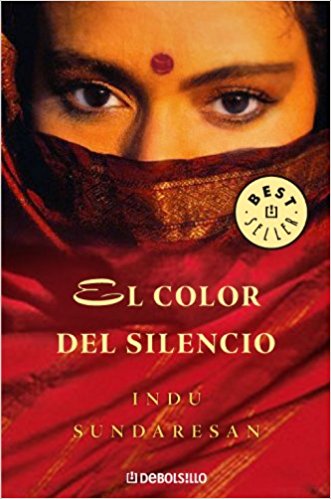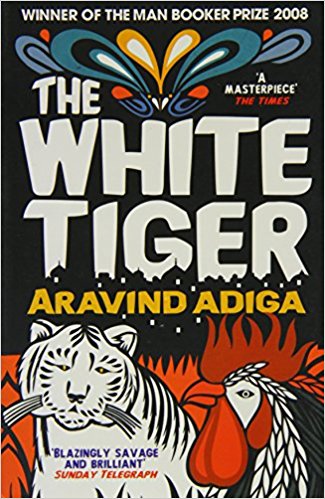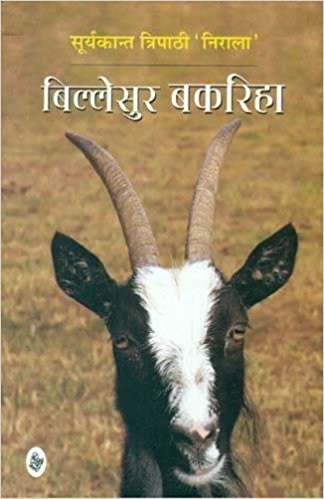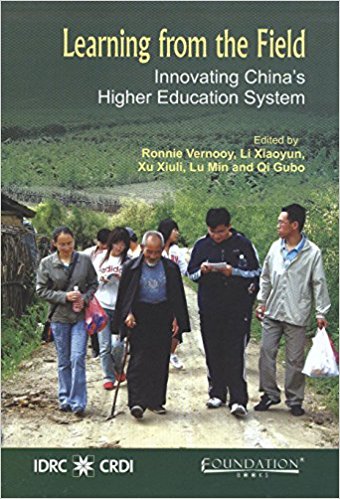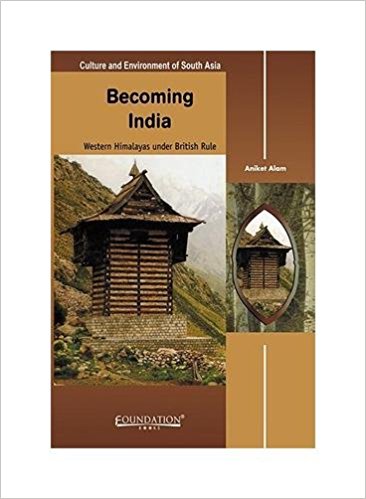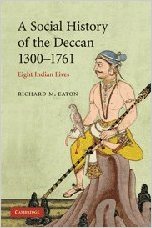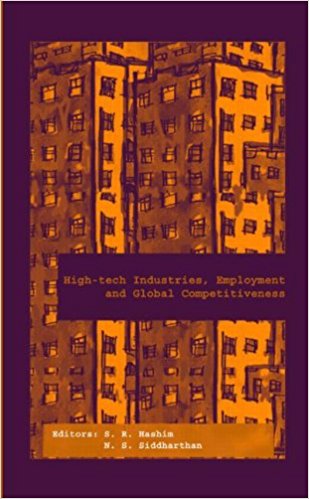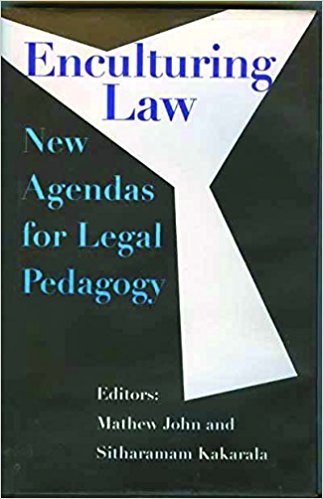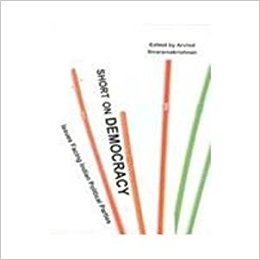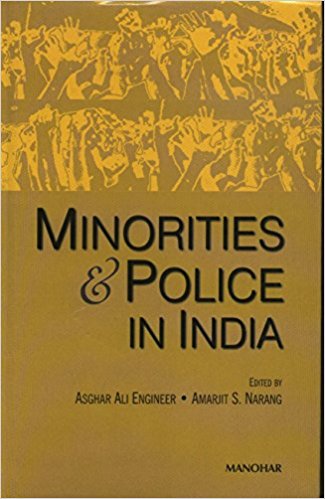Cast firmly in the ‘Raj novel’ mould, The Splendor of Silence is set in the fictional state of Rudrakot, during the pre-Independence period. The author, Indu Sunderesan, blends history with romance in this fairly readable novel.
Archives
September 2008 . VOLUME 32, NUMBER 92008
Descriptions of India are never complete; for some, she is a glass half full, while for others, a glass half empty. Adiga’s book is about the millions in India for whom the glass is always completely empty nor is there any hope that it ever will have any water!
To many belonging to the ever increasing tribe of the privileged globalized Indians, who are already addicted to reading only the latest multinationally mediated, media-hyped, narratives of India in English such as,
In his preface to this book, Ashok Vajpeyi characterizes Gajanan Madhav Muktibodh as a Hindi poet who earned ‘posthumous pre-eminence’. Therein hangs a tale in this cryptic phrase, indeed a modern literary saga, which is known to all in Hindi but may need explaining in English.
China is on everyone’s itinerary and hence there is sustained writing on the ‘Rise of China’. The good news is that the focus has broadened from a sole preoccupation with Chinese economic and military growth to include Chinese initiatives in science and technology and education. Innovation is also on everyone’s list.
After being neglected for many years the Himalayan region has got much attention from historians in the last two decades. Becoming India by Aniket Alam is a welcome addition to the growing corpus of works.
This book is a fascinating study of the Deccan from the early fourteenth century to the rise of European colonialism in the eighteenth century. We can locate the region called the Deccan in modern India in the states of Maharashtra, Karnataka and Andhra Pradesh.
The volume is not as ambitious as the title appears to suggest. The introduction to the volume effectively narrows down the scope of the volume.
Books with their emphasis on an interdisciplinary approach to law in India are rare to come by, but rarer still is a book on the developments and challenges to legal education in the country today.
Probably few other concepts occupy, if not hegemonize, political imagination as democracy does. ‘What began as an improvised remedy for a very local Greek difficulty two and a half thousand years ago,
This is a book about poor urban slum women and children using collective violence to contest their vulnerabilities. The author has attempted covert ethnographic research among Shiv Sena women belonging to the Mahila Aghadi, frequenting Sena women’s homes, ‘shakhas’ and meetings in temple premises.
This volume is a collection of seminar papers written by academics and police officers. Like all seminar papers, they are informative, at times insightful and repetitive. How original can a dozen speakers be, dealing with the same subject? Here they tend to be prolix as well. Not many chairpersons have succeeded in putting limits to academic verbosity on the podium.
Boris Kagarlitsky, one of Russia’s best known Marxist dissidents has written widely on a range of issues. His latest offering, one of his best, is a history of Russia (and the Soviet Union) that situates it firmly in a wider European and world framework

